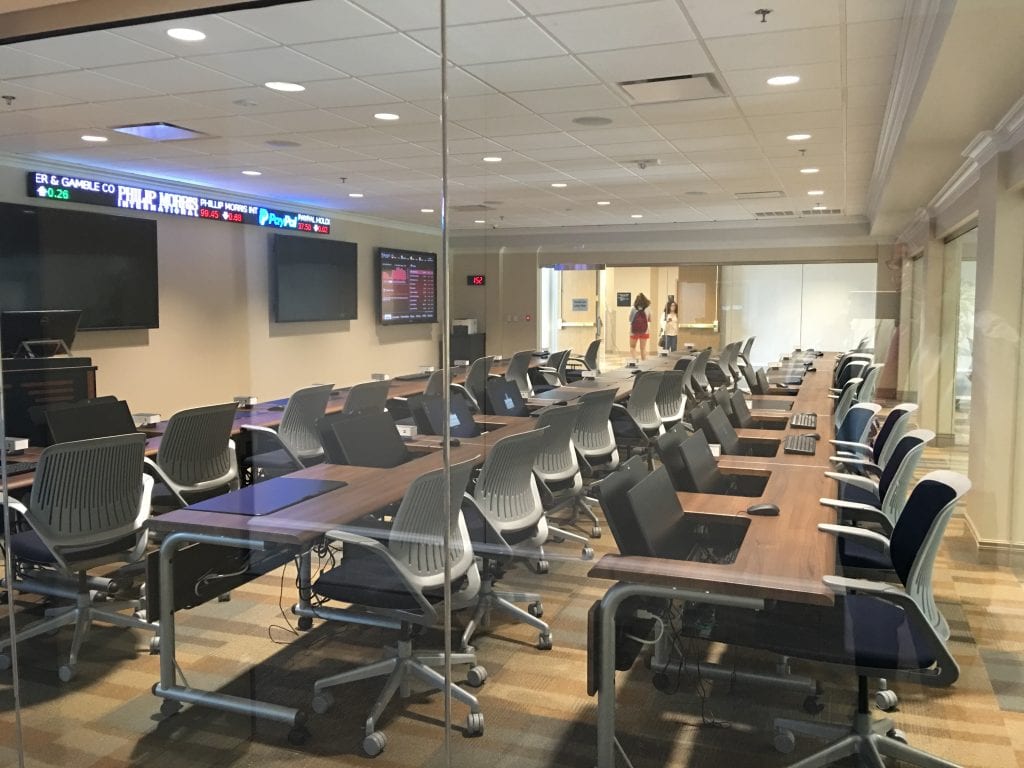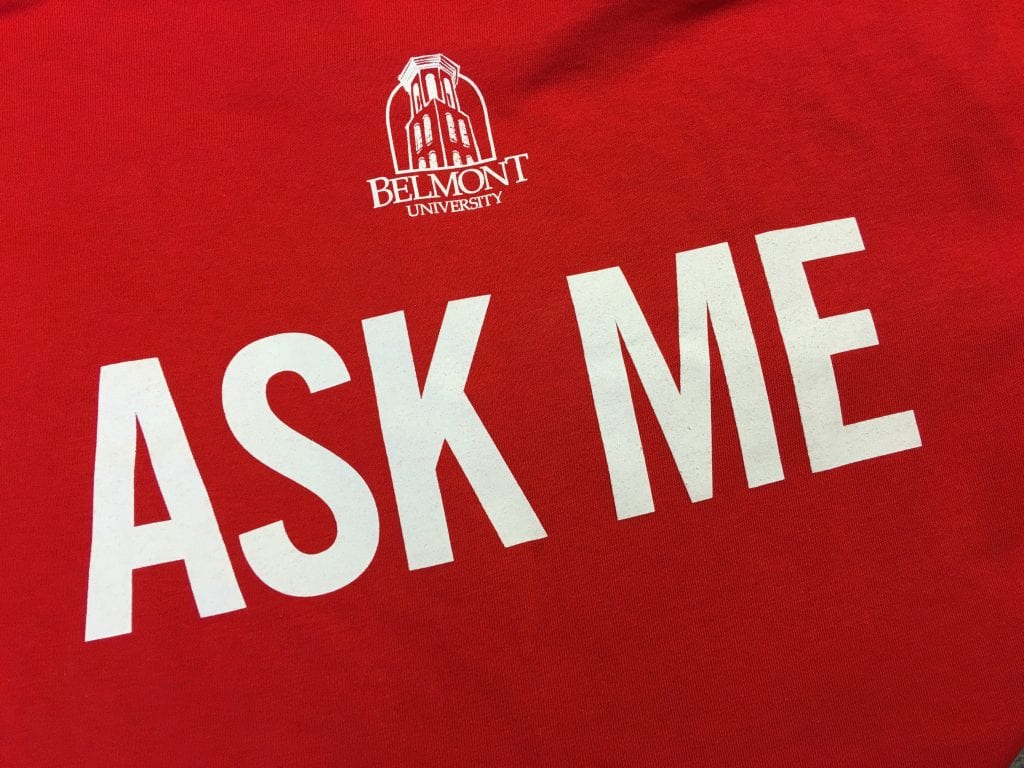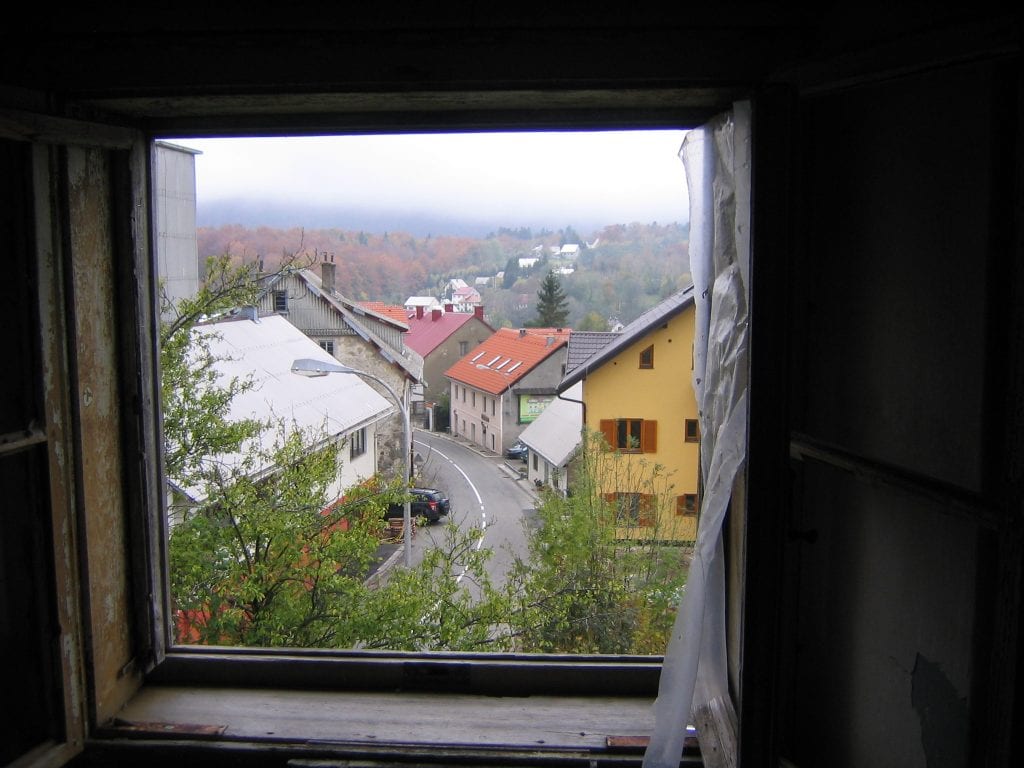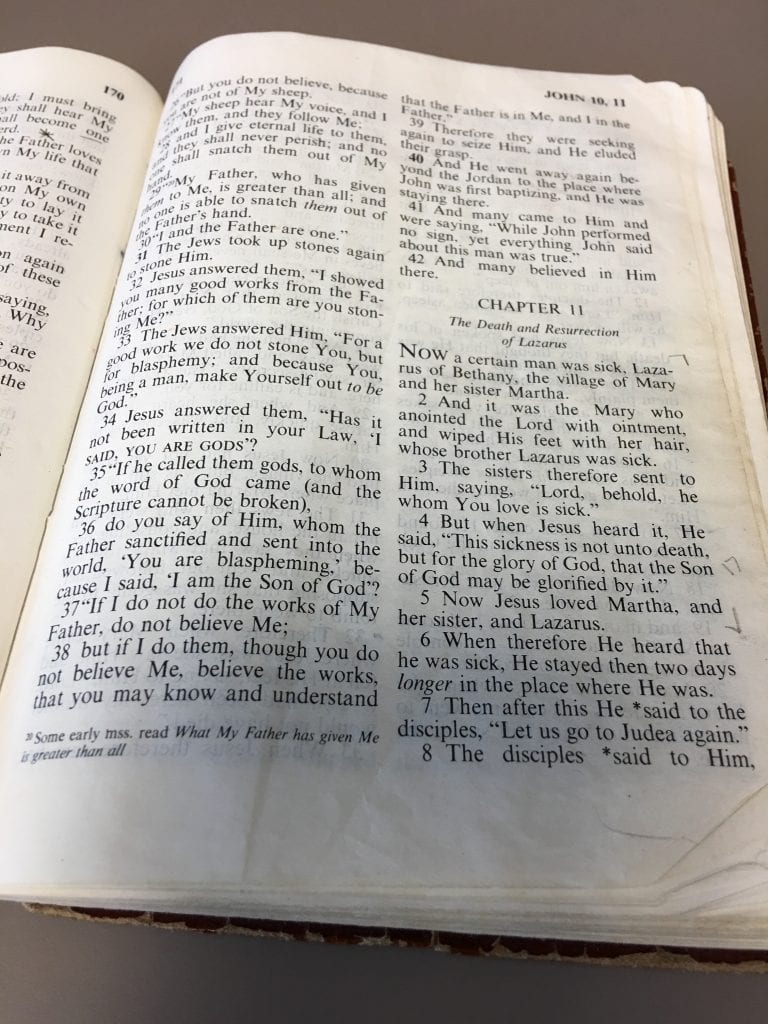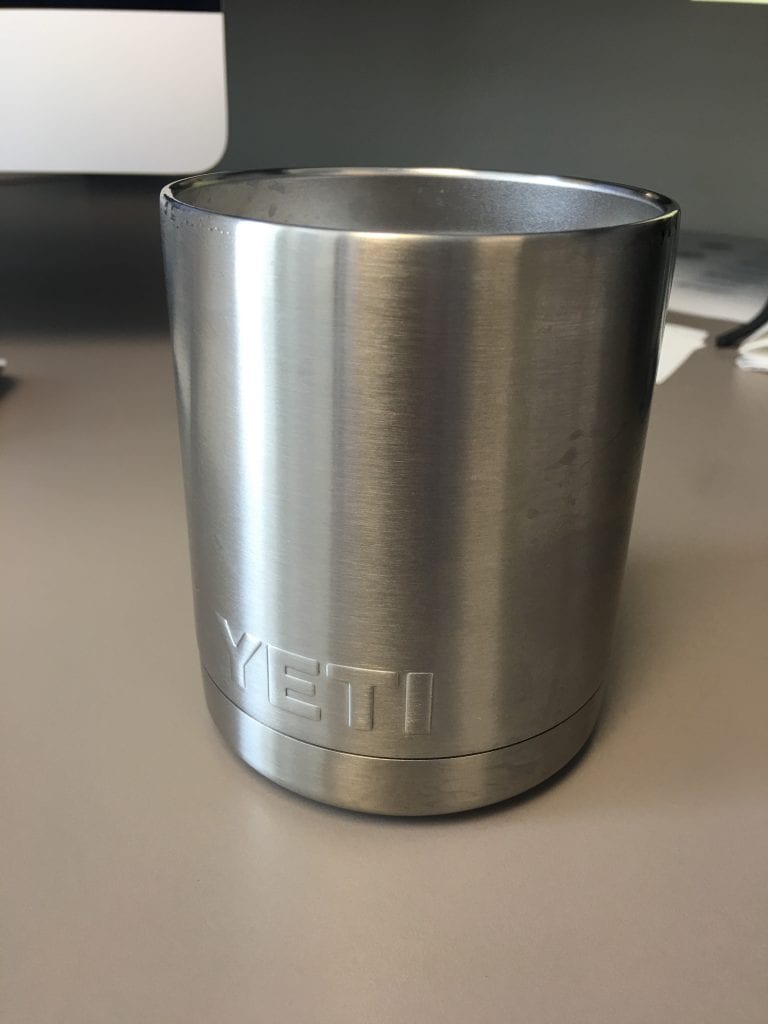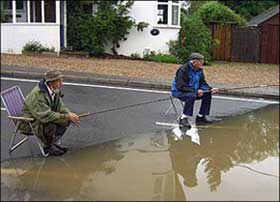
There is an old, trite saying that reads, “When life hands you lemons, make lemonade!” I hate that expression. But there is indeed something to be said for making the best of a bad situation, because the truth is that we are all going to have some bad situations come our way. Life is not always kind and pleasant. Sometimes we find ourselves trying to survive a very difficult season of life. Some refer to such moments as “wilderness experiences,” when we feel far from home and out of touch with normal life. Everything seems out-of-sync. Relationships are out of whack, contentment is fleeting, and peace of mind is hard to find. Been there?
The ancient Israelites had experienced the wilderness moment. After the glory days of the Kingdom, back when David and then Solomon made Israel a world power, soon things got a little off track. The Kingdom soon divided and things went downhill fast. The Assyrians invaded the Northern Kingdom and about 200 years later the Babylonians overran the Southern Kingdom. The nation was destroyed. The Temple was obliterated. All hope ebbed away. The people were taken into captivity where they lived in exile in the city of Babylon. It was a desperate, confusing, bewildering time. Life had handed them lemons.
It is in the context of such a bleak moment that the prophet Jeremiah offered these words. This is what the Lord of Heaven’s Armies, the God of Israel, says to all the captives he has exiled to Babylon from Jerusalem: “Build homes, and plan to stay. Plant gardens, and eat the food they produce. Marry and have children. Then find spouses for them so that you may have many grandchildren. Multiply! Do not dwindle away! And work for the peace and prosperity of the city where I sent you into exile. Pray to the Lord for it, for its welfare will determine your welfare.” (Jeremiah 29:4-7)
Go back and read that passage slowly and look at what God is demanding the exiled people to do. “Build homes. Plan to stay. Plant gardens and eat the produce. Marry and have families. Multiply… don’t let yourselves dwindle away. Work for the peace and prosperity of the city. Pray for its welfare.” Can you just imagine that? Babylon was the last place on earth they wanted to be. It was the city of their enemies. This was the place where they were marginalized and mistreated. These were the people who had destroyed their nation and wrecked their religion. And yet God says, “Make lemonade!”
Maybe there is a message for you in the words of Jeremiah. Your life may not be going quite the way you had hoped. You may not like your job. You may not enjoy where you live. You may have problems with co-workers. There may be problems at home. Maybe there are too many bills and too few paychecks. I get it. It’s hard to be stuck in neutral, especially if you are living in a strange and harsh land. But Jeremiah proclaims a word from the Lord. “Invest in the life you currently live. Make friends. Pray for others. Look for the blessings rather than curse the hurdles. See the potential in what each day can hold. Find the joy in the midst of the chaos.”
For the Israelites, the exile lasted 50 years. That’s a long time. But not a second of those 50 years was lived apart from the presence of God. I would hope and pray that the wilderness moments of your life will be much, much shorter. I would pray that God would soon answer your prayers for deliverance and renew your hope. But in the meantime, make the best of the bad situation. Be the best you can be. You may not be able to control your circumstances, but you can control your response to whatever life throws your way. Like the ancient people of God, you are not alone and you are not forgotten. Not now. Not here. Not ever.


